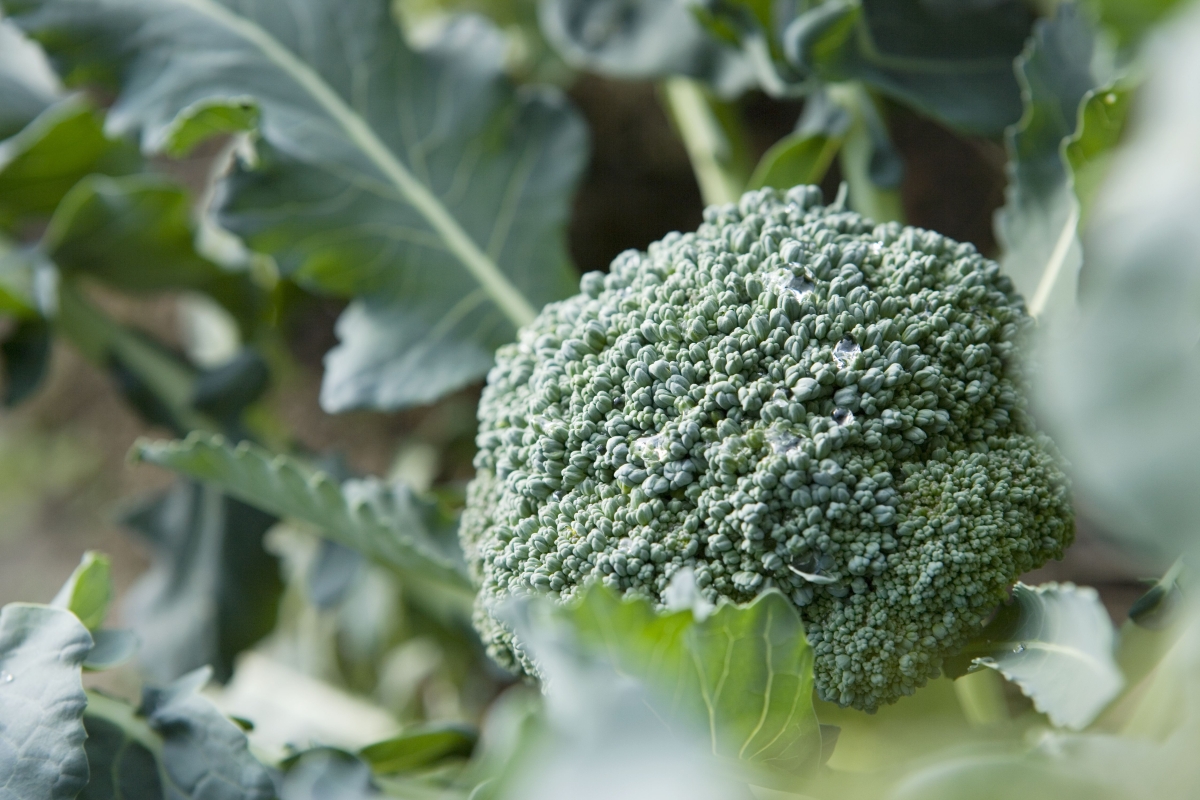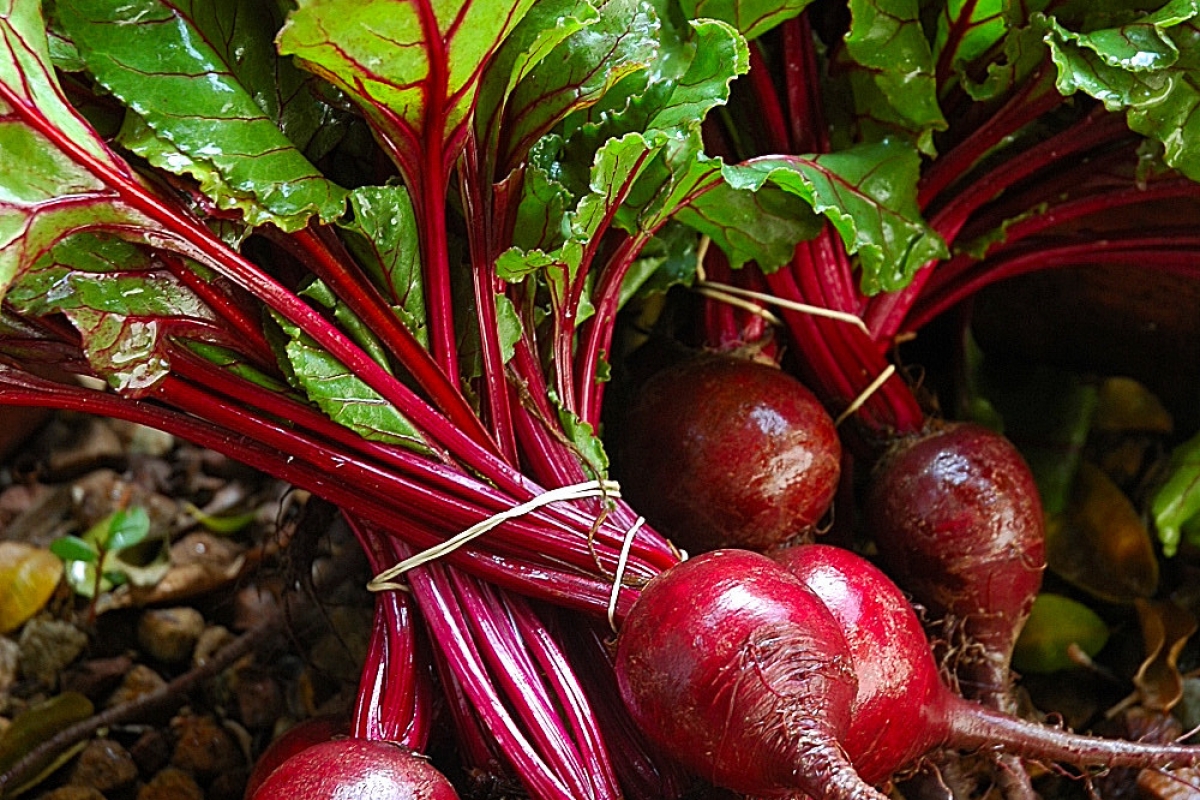Broccoli Benefits

Broccoli, a verdant vegetable, bears a striking resemblance to a miniature tree and falls under the botanical classification of Brassica oleracea. This plant species is closely kin to cabbage, Brussels sprouts, kale, and cauliflower, constituting the family of cruciferous vegetables, all of which are edible.
Broccoli manifests in three primary varieties:
- Calabrese broccoli
- Sprouting broccoli
- Purple cauliflower (despite its name, it belongs to the broccoli category)
ndeed, broccoli boasts an impressive nutritional profile, rich in vitamins, minerals, fiber, and antioxidants. Some of the key benefits associated with consuming broccoli include:
Anti-inflammatory properties: Broccoli contains compounds such as sulforaphane and kaempferol, which have been shown to help reduce inflammation in the body, potentially lowering the risk of chronic diseases.
Blood sugar regulation: The fiber content in broccoli, along with its low glycemic index, can aid in stabilizing blood sugar levels, making it a valuable addition to a diabetic-friendly diet.
Immune system support: With its abundance of vitamins C and E, as well as other antioxidants like beta-carotene and selenium, broccoli can bolster the immune system, helping the body fend off infections and illnesses.

.jpeg)


.jpg)

.jpeg)
.jpeg)

.jpeg)
.jpeg)











